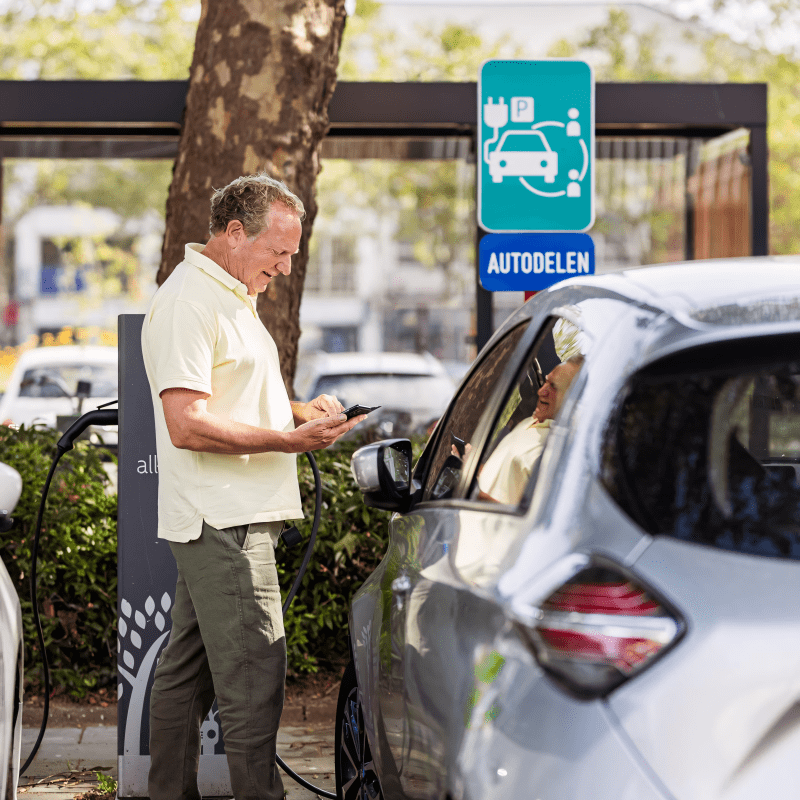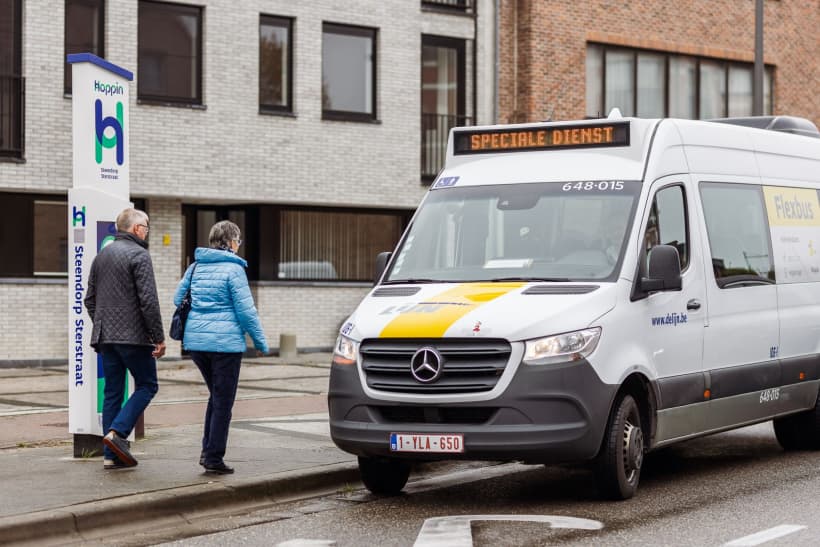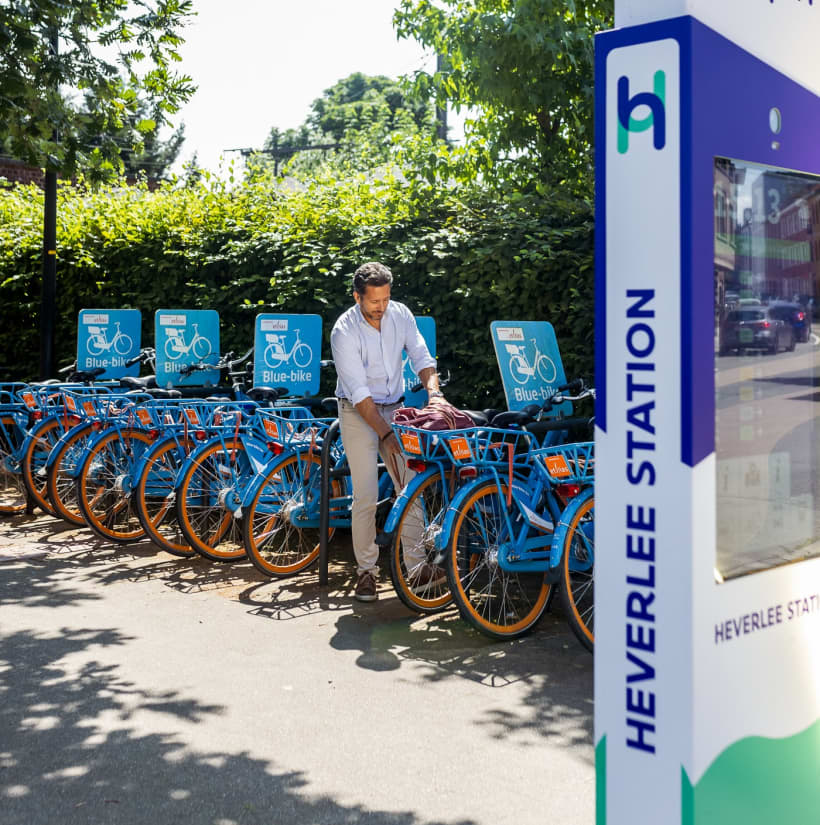Mobility as a Service
To promote sustainable combimobility, we are working on Mobility as a Service (MaaS) in Flanders. MaaS gives users access to multimodal transport solutions with greater user-friendliness, putting the end user at the centre. But organising mobility is a complex task. Users want control and reliability, but also freedom and flexibility. For this, we need reliable apps and agreements with providers and all MaaS actors. A full fledged MaaS ecosystem, as it were. We are on the lookout for international knowledge sharing and cooperation to ensure combimobility reaches far beyond our own borders.

Objectives
To build the Flemish MaaS ecosystem, a process of cocreation is ongoing to establish a supported Flemish MaaS Agreement Framework. Five stakeholder groups are working on this: users, MaaS providers, transport providers, local authorities and data brokers. All of them see MaaS as a digital lever to realise sustainable combimobility. They strive for:
- Stap 1
An optimal mix of smart, inclusive and/or complementary transport modes
- Stap 2
A well-balanced and frequent transport offer
- Stap 3
Transparent, uniform, clear and accessible communication
- Stap 4
A balance between social and commercial interests
Video
One stop shop for mobility

For this sustainable combimobility to succeed, proper market functioning is essential. To this end, there is an agreement framework between stakeholders, but also the Flemish Government, which acts as a supervisory and supporting authority.
To standardise the structure of data in consultation with all stakeholders, we are also committed to Open Standards for Linked Organisations. With a uniform standard, we want to enrich data flows, make initiatives easier to find and understand and combine data better with other data sources. In doing so, we are building a vocabulary based on existing international standards. This is the only way to create a one stop shop solution (plan, book and pay).
Together towards MaaS

By further developing MaaS, we want to help every Fleming combine transport modes in a sustainable and easy way, thus enabling the transition to an ambitious mental and modal shift. But MaaS becomes even more valuable when we can also meet those needs beyond our national borders. That is why we are working with foreign partners to share knowledge and jointly develop an international MaaS ecosystem, in which everyone can travel via safe, smooth and sustainable combimobility.